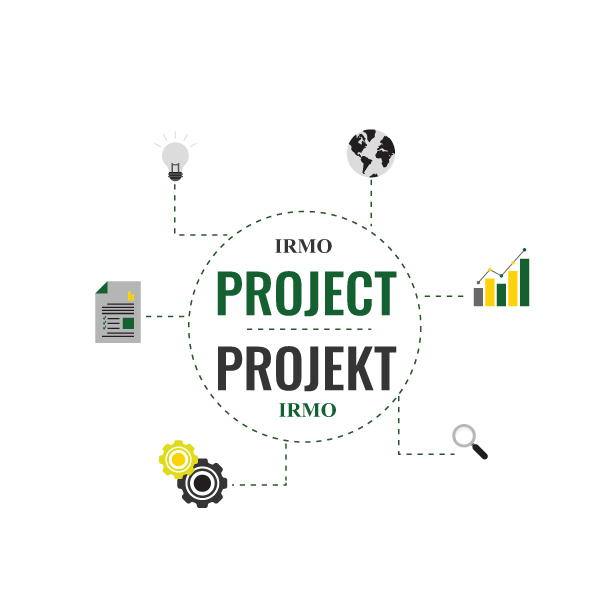Project duration: 12/2014 – 9/2016
Client: European Commission, DG Employment, Social Affairs and Inclusion
Project coordinator: Dublin City University
Project partners:
- Institute for Development and International Relations (IRMO) Zagreb
- Baltic International Centre for Economic Policy Studies (BICEPS) Riga
- Lithuanian Social Research Centre (LSRC) Vilnius
- Central European Labour Studies Institute (CELSI) Bratislava
- University of Manchester (UNIMAN)
- University of Ljubljana (UL)
- University of Wrocław (UWr)
Leader of the IRMO team: Hrvoje Butković, PhD
Members of the IRMO team: Višnja Samardžija, PhD, and Sanja Tišma, PhD
Summary
Across the new EU member states the crisis has accelerated the rise of non-standard, or precarious, employment forms. The implications of this process are a dualized, or fragmented, labour market, where fixed-term contracts, part-time contracts, dependent self-employment, temporary agency work and casual work are becoming increasingly prevalent. This project addresses the role of established industrial relations institutions in addressing the changing labour market and, in particular, the growth of precarious work in the EU. Despite the importance of the phenomenon of precarious employment, little evidence is available on the strategies of social partners to address the rise of the dual labour market, in which the importance of precarious employment forms increases. To fill this gap, this project explores how the strategies of employers and trade unions across 10 EU Member States represent the interest of non-standard and vulnerable groups in precarious employment forms in the labour market; and how the needs of these groups are addressed in the process of collective bargaining and other initiatives by the social partners. The project engages in country-specific, sector-specific and comparative studies of the strategies and actions that the social partners have undertaken to:
i) address the rise of the dual labour market, and especially the growth of precarious work;
ii) protect, represent and improve through collective bargaining and social dialogue the social rights of vulnerable employee groups in precarious employment;
iii) adjust industrial relations structures and bargaining procedures to better reflect the character of the post-crisis dual labour market.
Objectives
- To map and review the main legal and labour market characteristics related to the particular forms of precarious employment, and provide evidence on the developments in precarious employment across 10 EU member states.
- To analyse the challenges social partners face in improving the social rights of precarious workers through collective bargaining and social dialogue.
- To provide insight in the experiences of trade unions regarding organizing and representing precarious employees and improving their social rights through collective bargaining, social dialogue and other related measures.
- To analyze the role that industrial relations institutions, processes and outcomes are playing in fighting precarious employment across the crisis-stricken Greece and the new Member States in Central and Eastern Europe.
- To draw implications for research and policy making for national-level and European-level sectoral stakeholders; and disseminate the project findings to these stakeholders.
Activities
- Preparatory phase: kick-off meeting, literature review, planning of interviews with national stakeholders
- Implementation phase: case study research, comparative analysis, writing of research reports and policy briefs
- Evaluation phase: external evaluation and monitoring of project activities
- Dissemination phase: publication of research reports and policy brifs, press releases, final conference


